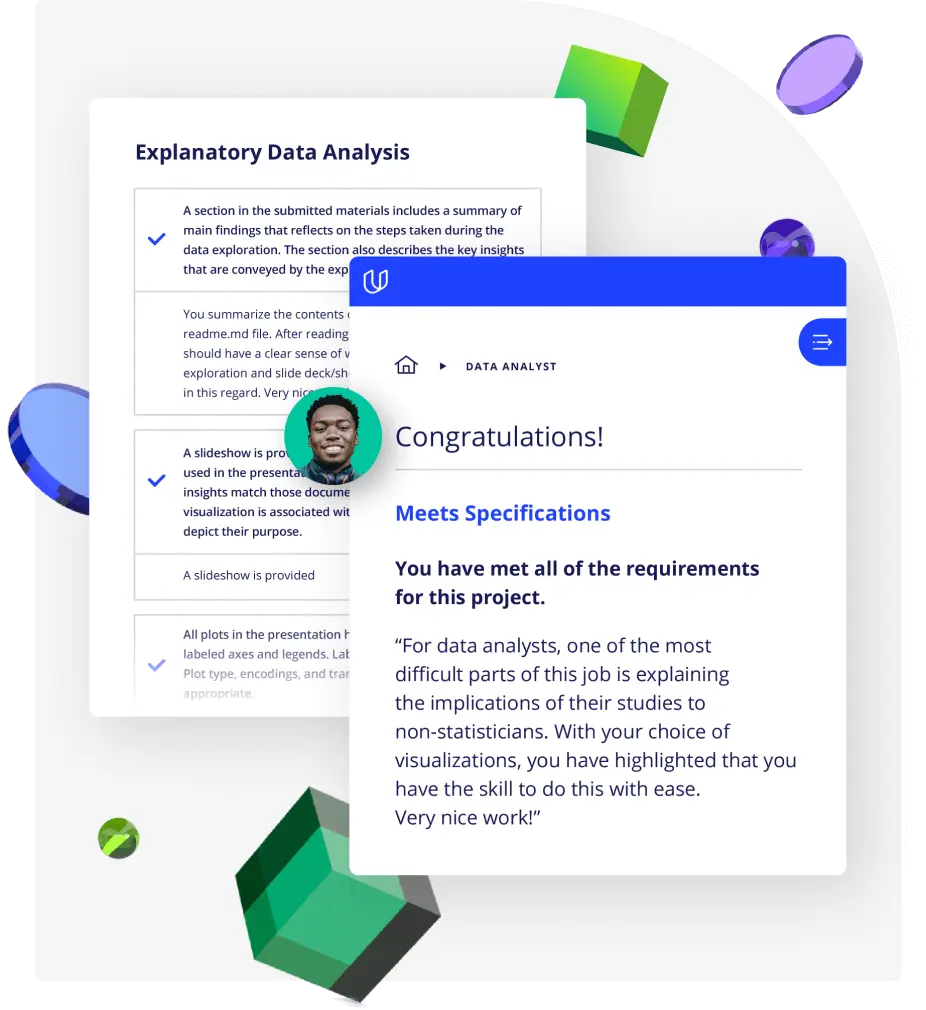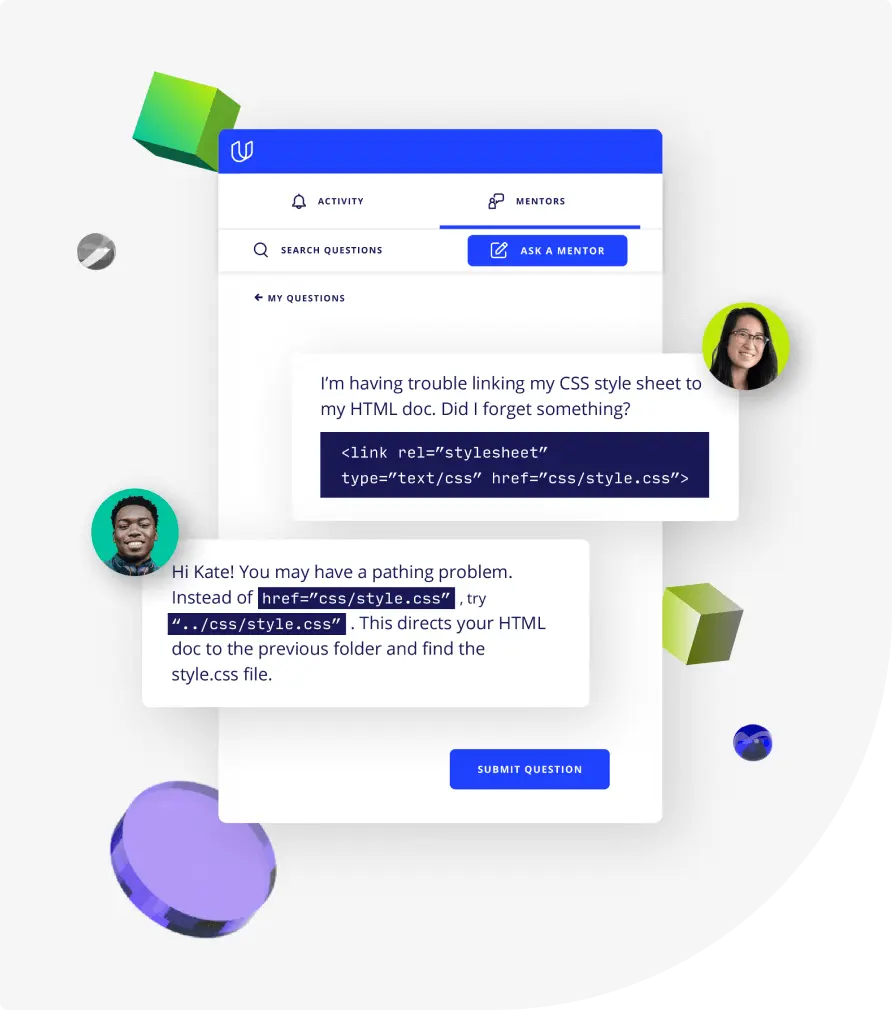
Jeff Phillips
Senior Software Engineer
During his 20+ years of software development experience, Jeff has worked on embedded avionics flight controls systems for both Honeywell and Boeing. Jeff then moved into Java Cloud based SAAS applications. He has earned a Bachelor's and Master's degree in Computer Science from Arizona State University.






